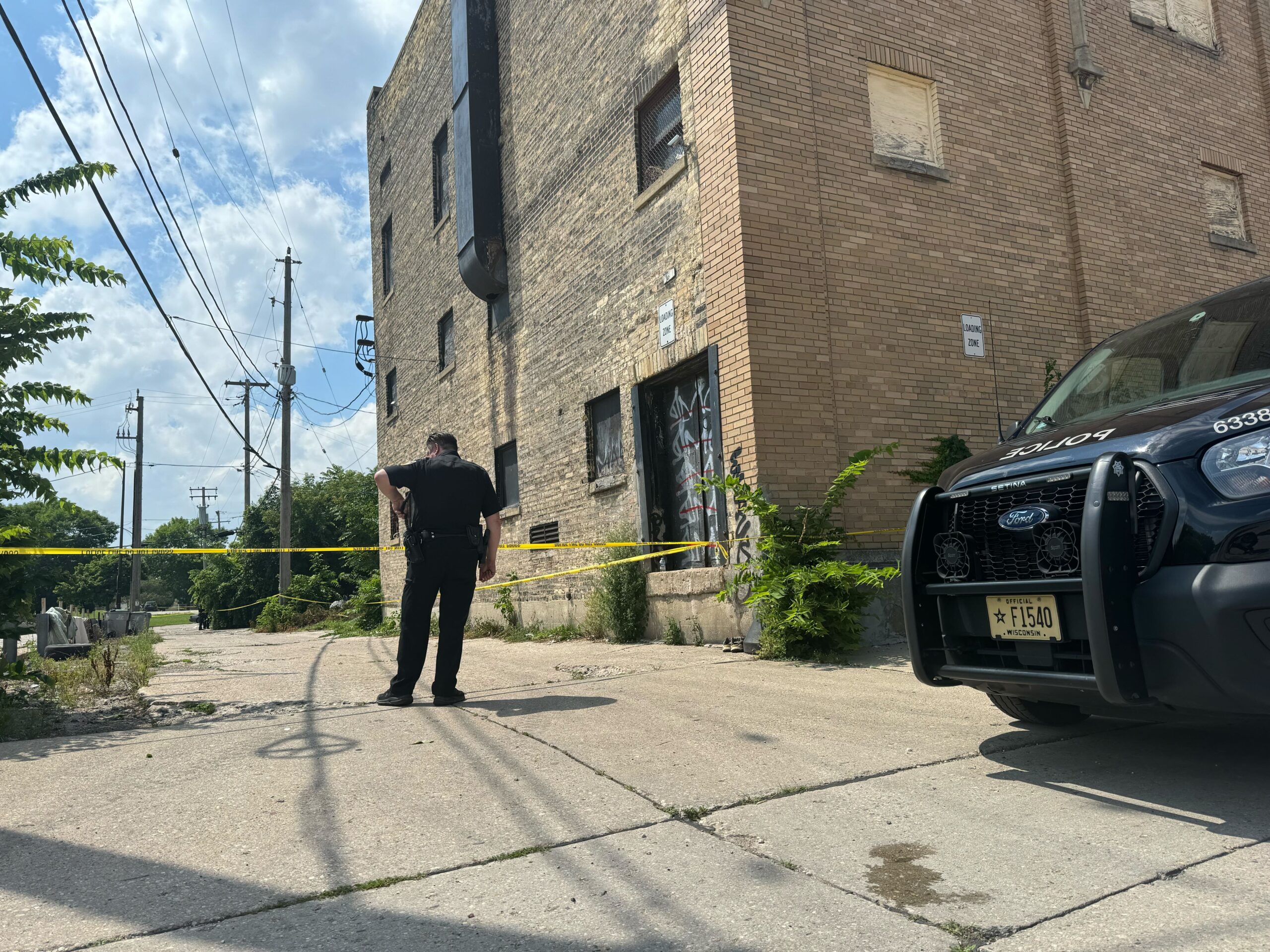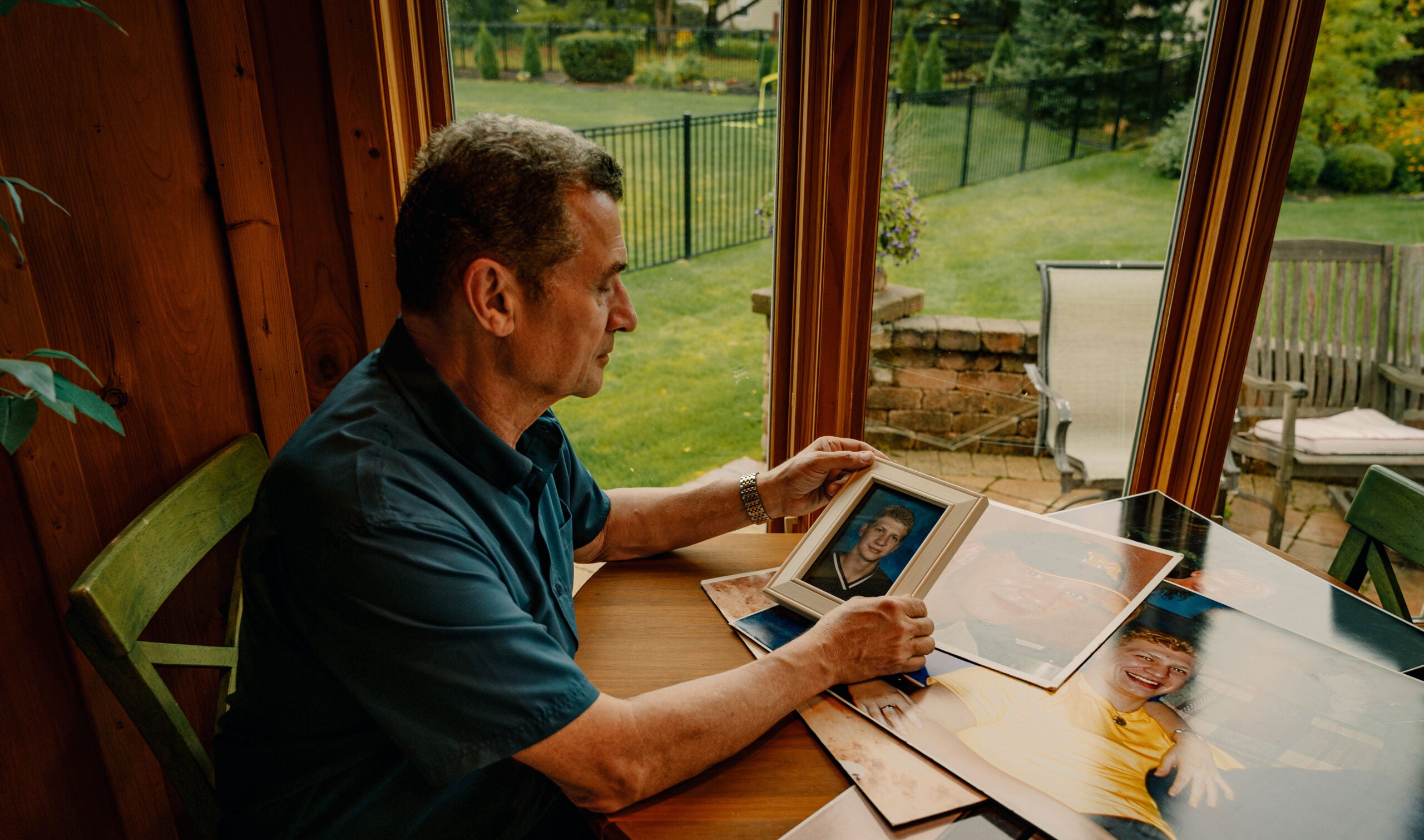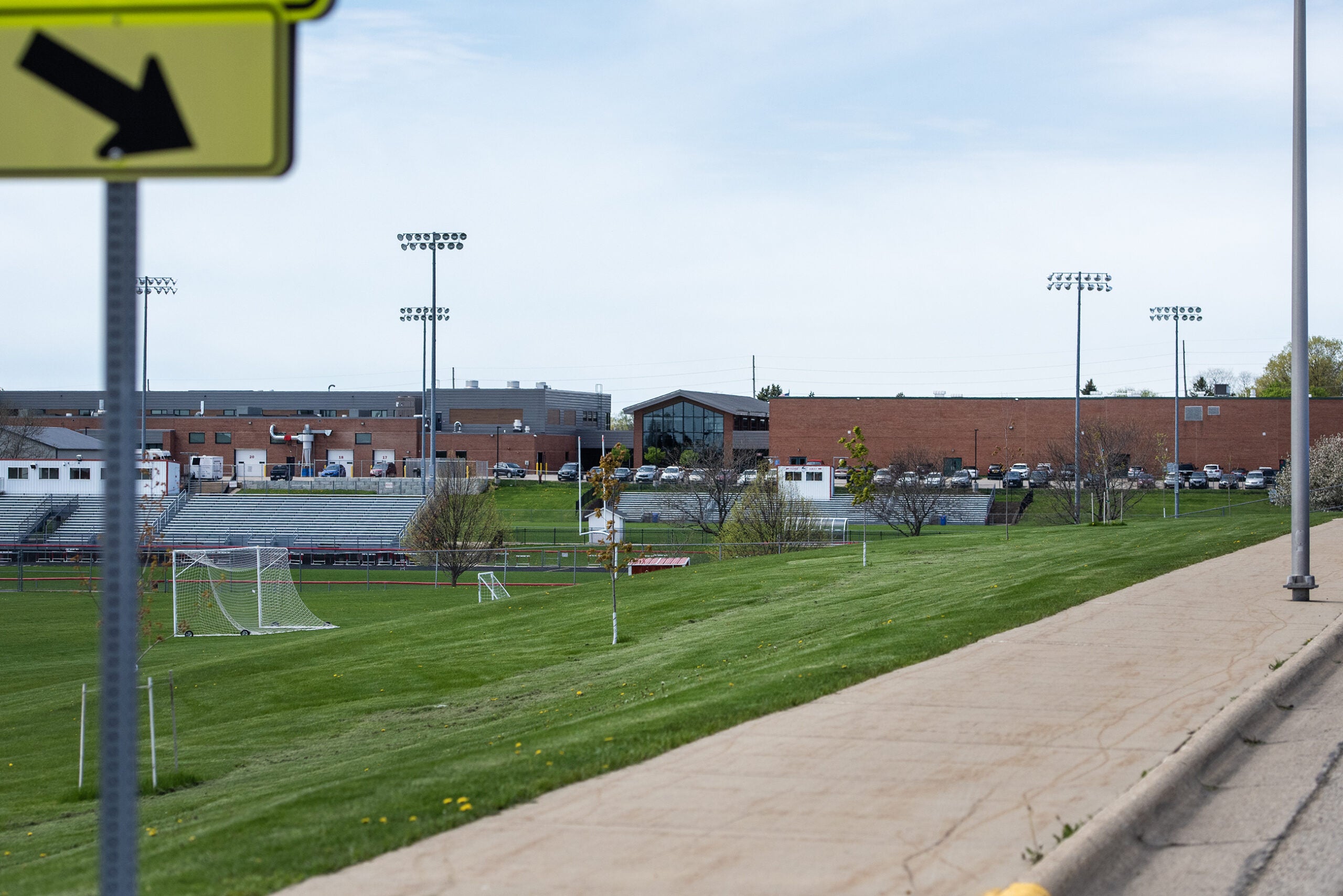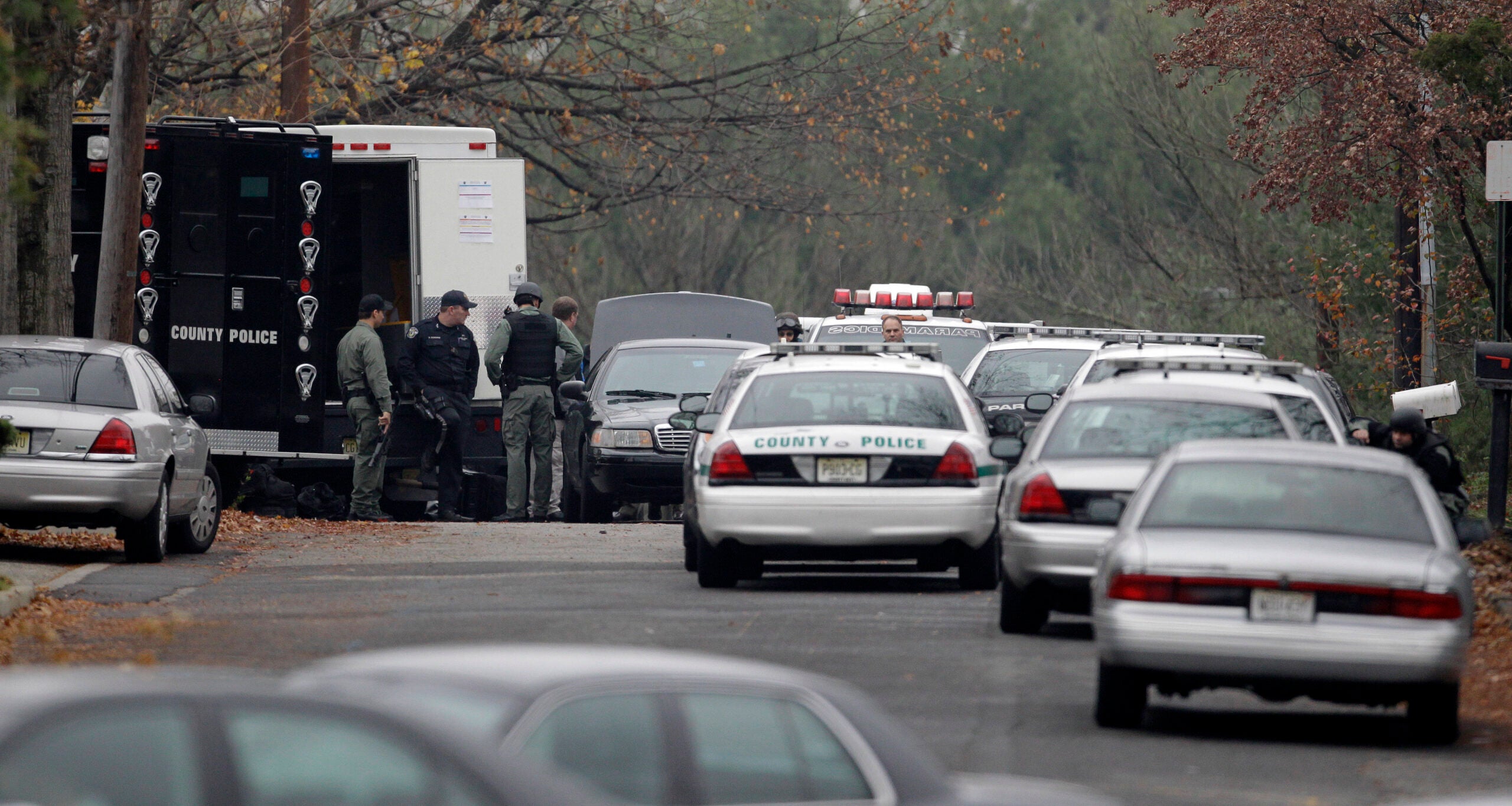There are more questions than ever these days over use of force by the nation’s police officers, after numerous high-profile police-related deaths. We talk to a Wisconsin police chief about how the state’s officers are trained in these situations. We also discuss news that Governor Walker is considering merging state agencies in the coming legislative session.
Featured in this Show
-
Appleton Interim Chief Outlines How Police Are Trained To Use Force
Recent high-profile, police-related deaths in Milwaukee and across the country have raised questions about how officers make decisions to use deadly force.
From the perception that an unarmed person isn’t an imminent threat to life to the suggestion that police should shoot to injure, officer advocacy groups say the public lacks a fundamental understanding of the way authorities are trained to respond to imminent threats to life and safety.
James Lewis, Appleton’s interim police chief, said the training starts before police candidates enter academy training.
“We take a hard look at your history and your background to see if you had any issues of violence,” Lewis said. “We give you a psychological test and we give you a polygraph because we’re trying to weed out those tendencies.”
Training is key to respond appropriately when policing in the streets, where life-or-death decisions are made in a split second. To a large extent, Lewis said police base their response by accessing the behavior of their suspects.
“We do a lot of training and a lot of tools they use, but in the end, a lot of times the decision is really made by the person they’re dealing with,” Lewis said. “We would like to always talk everyone down. The majority of officers in this country will never be in any kind of fatal incident.”
Lewis said modern-day training places hopeful officers in a variety of scenarios in the virtual world, hoping the prepare them should they experience similar incidents while out patrolling.
“So, we take them in and its almost like a TV game, where they’re looking at a variety of scenarios — shoot, don’t shoot — and we’re testing them on what can happen. They sometimes come out of these scenarios with very high-blood pressure because it’s very realistic when they do it,” Lewis said.
During academy, which typically ranges between 16 and 28 weeks, potential officers receive a series of techniques to handle conflict, ranging from behavioral assessments and interpersonal skills to the shooting range. After graduating from the academy and actually wearing a badge, Lewis said new cops participate in a field training officer program, which is about six months.
“Most police officers are never on their own for at least a year from the time they’re hired,” Lewis said.
Training standards can be drastically different from state to state, said Lewis. However, across Wisconsin, the requirements remain consistent throughout all counties — whether someone is an officer for a two-person township or a Milwaukee police officer.
Lewis said Wisconsin requires all entry level police officers to have 60 college units. Other states only require a high school level education.
“I would say officers enter here with at least a higher level of education,” Lewis said.
Training has evolved drastically since Lewis first received his badge 44 years ago.
“What you see today that you didn’t see 44 years ago is a lot of training on crisis and intervention techniques. There’s there’s no comparison, 44 years ago it was much more condensed and frankly militaristic. We did very little with the issue of mental health in those days. Now we put much more emphasis on people skills and what we’re doing in the community,” Lewis said.
-
Understanding Police Use Of Force Training
Recent high-profile police-related deaths have raised common questions across the country about how officers make decisions about use of deadly force. From the perception that an unarmed person is not an imminent threat to life, to the suggestion that cops should shoot to injure, officer advocacy groups are setting out to bust some myths about key responsibilities of policing. One Wisconsin police chief answers questions about use-of-force decisions, and explains how officers are trained to respond to certain threats.
-
Governor Walker Considers Consolidating State Agencies
Scott Walker told reporters Wednesday that he will consider merging state agencies during the coming legislative session. He said he’ll name the specific agencies in February of 2015.
Episode Credits
- Veronica Rueckert Host
- Rob Ferrett Host
- Cynthia Schuster Producer
- Galen Druke Producer
- James M. Lewis Guest
- Mordecai Lee Guest
Wisconsin Public Radio, © Copyright 2025, Board of Regents of the University of Wisconsin System and Wisconsin Educational Communications Board.




